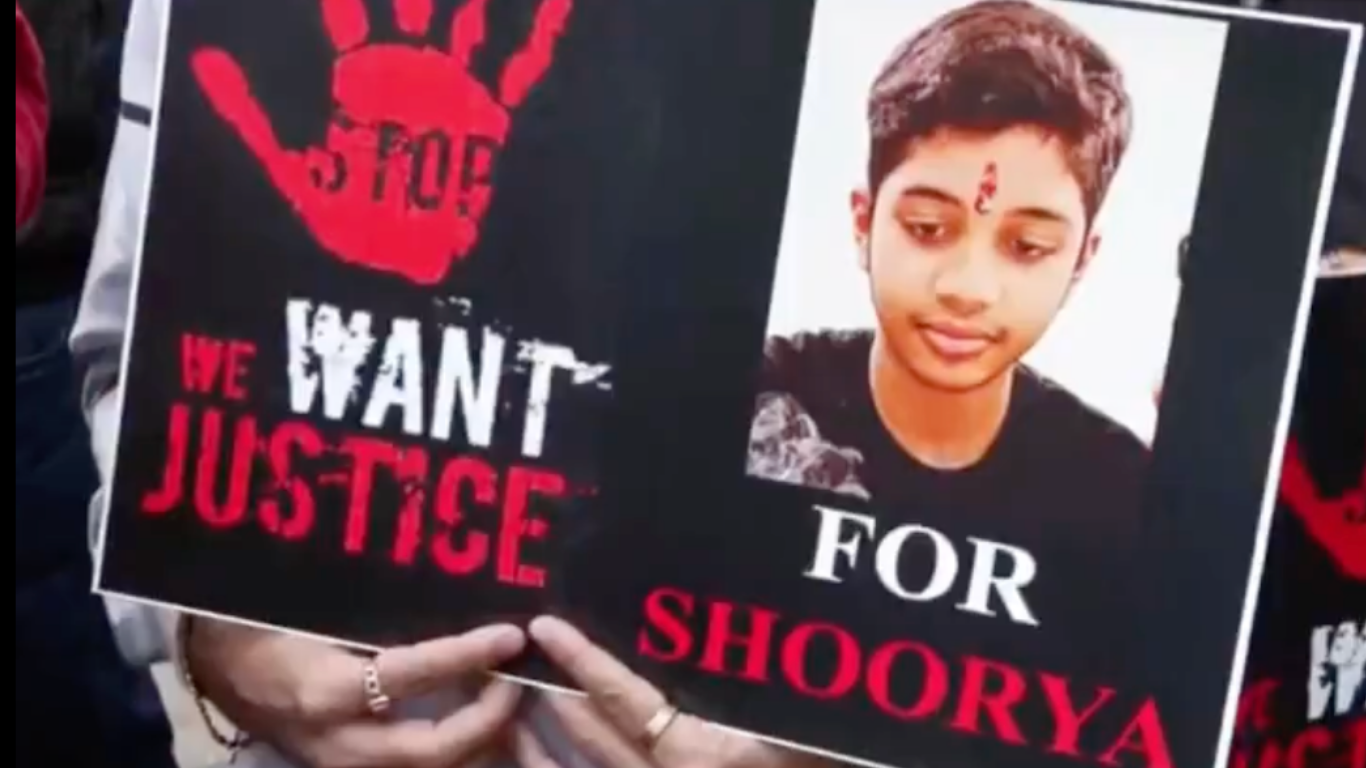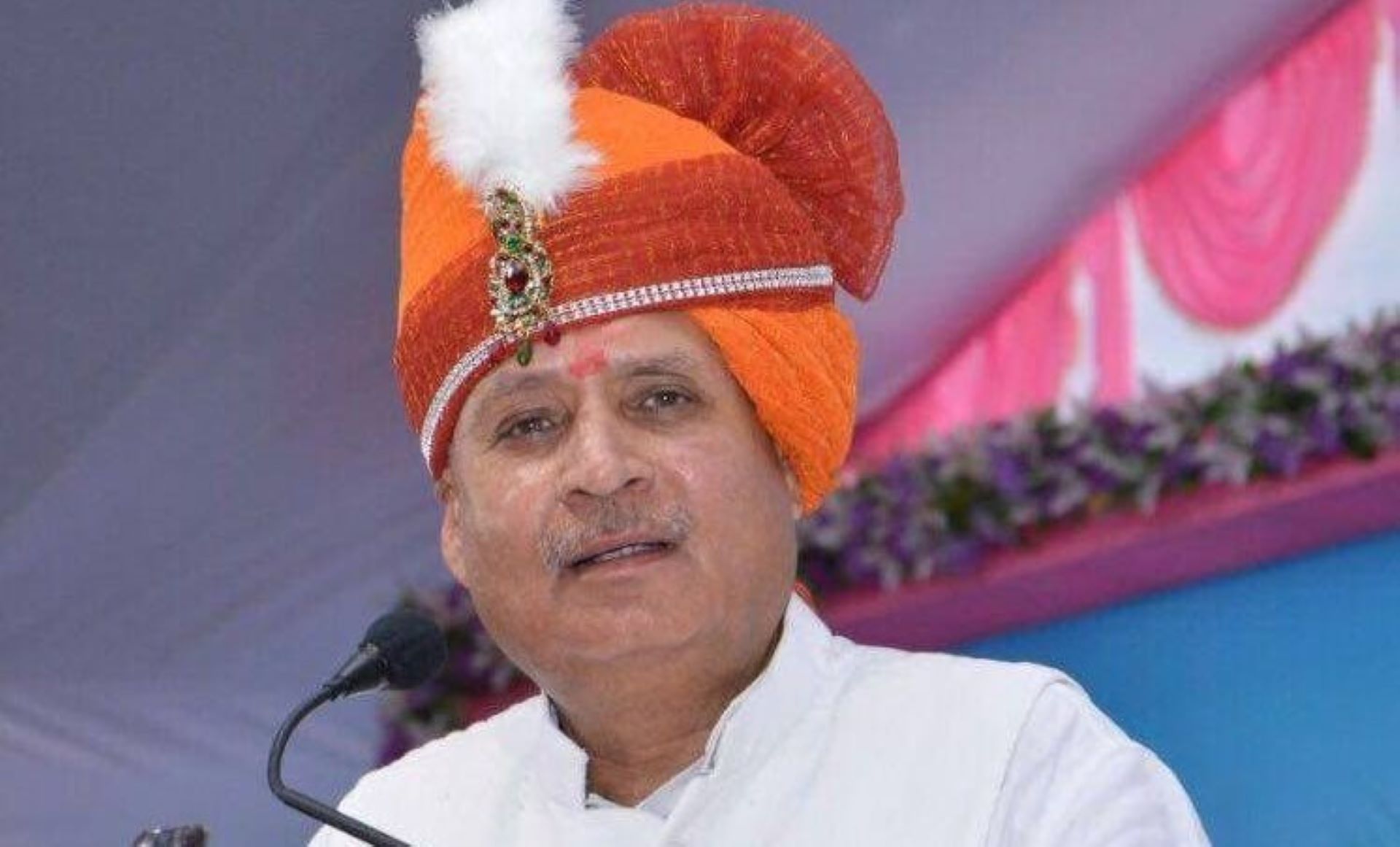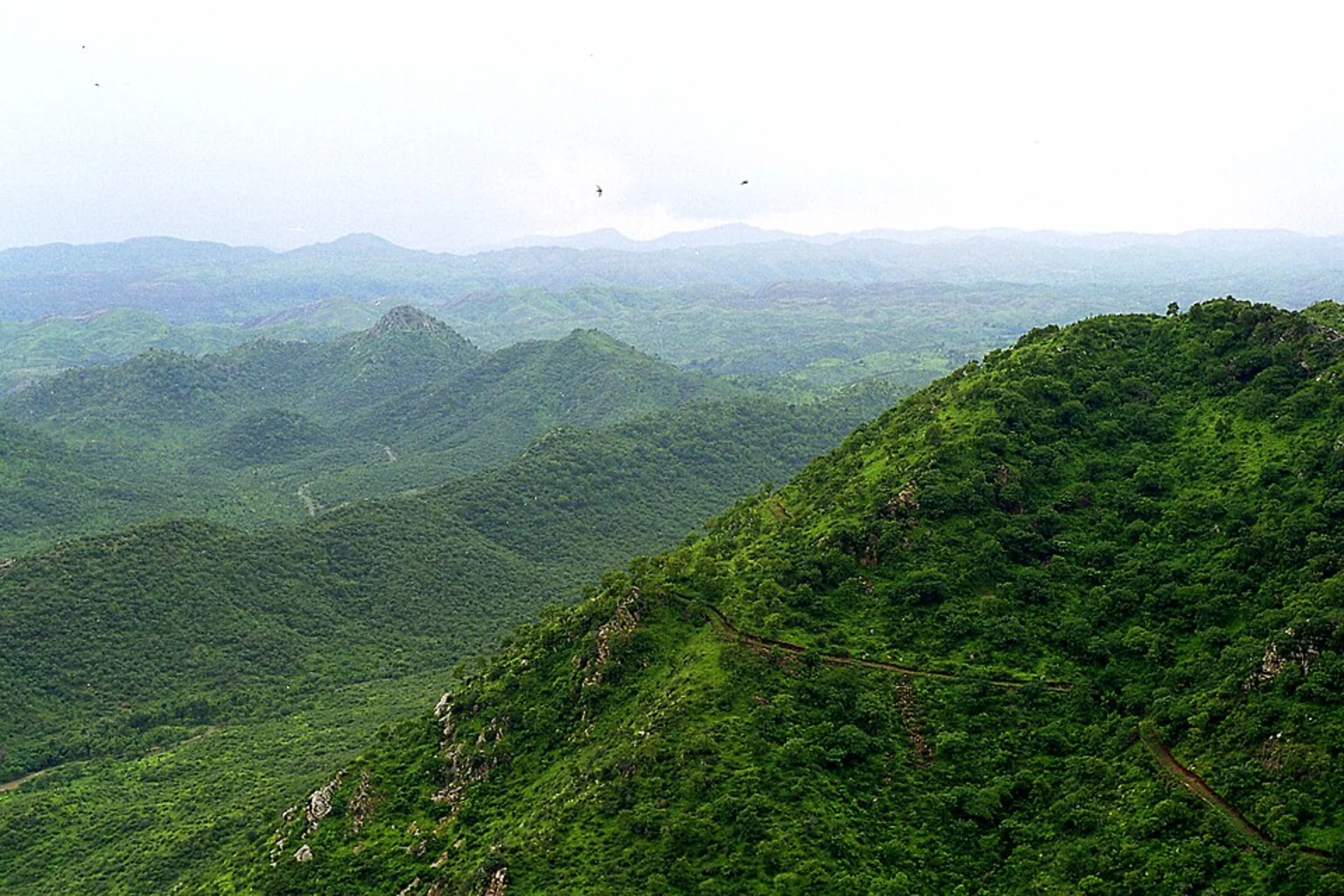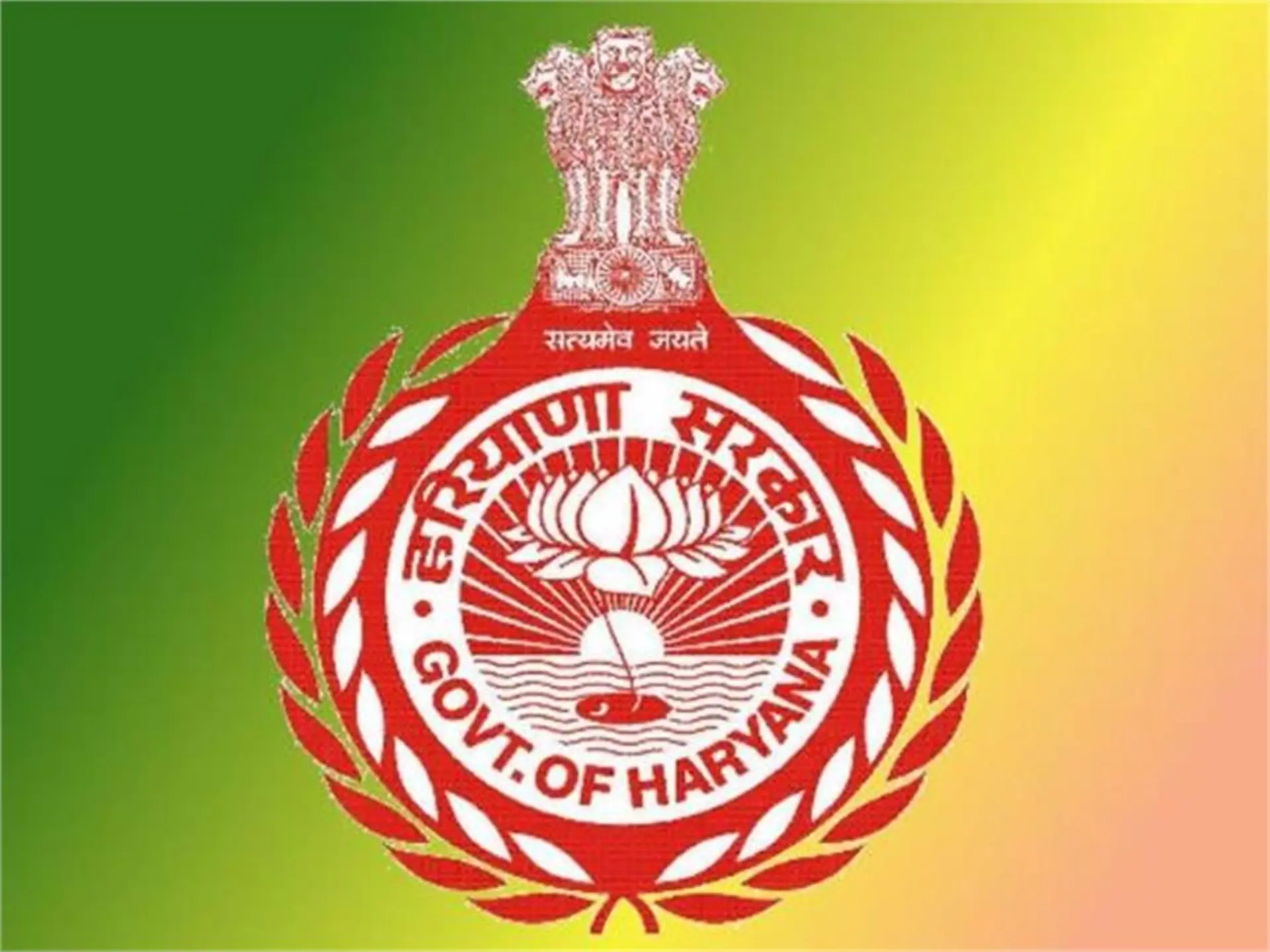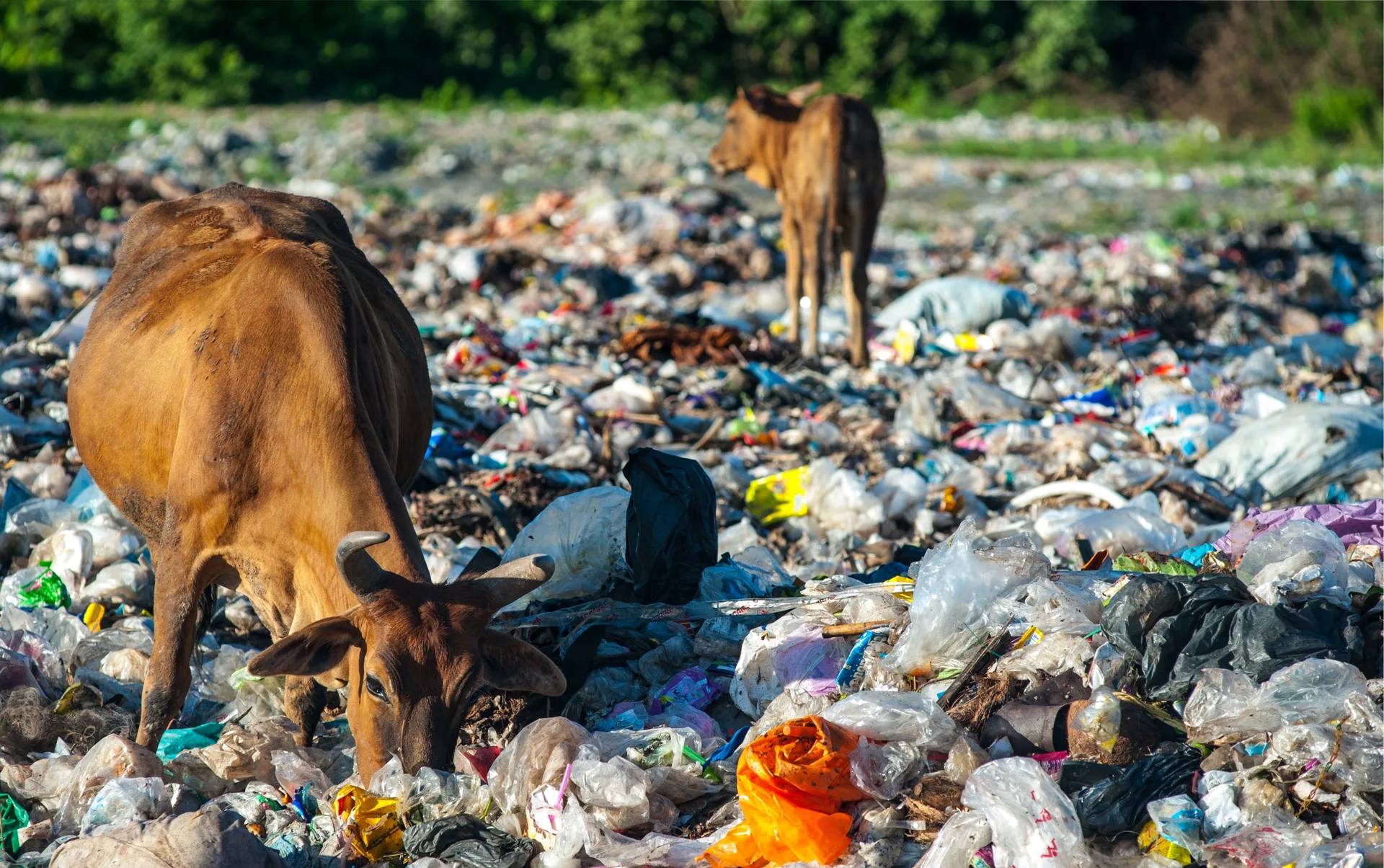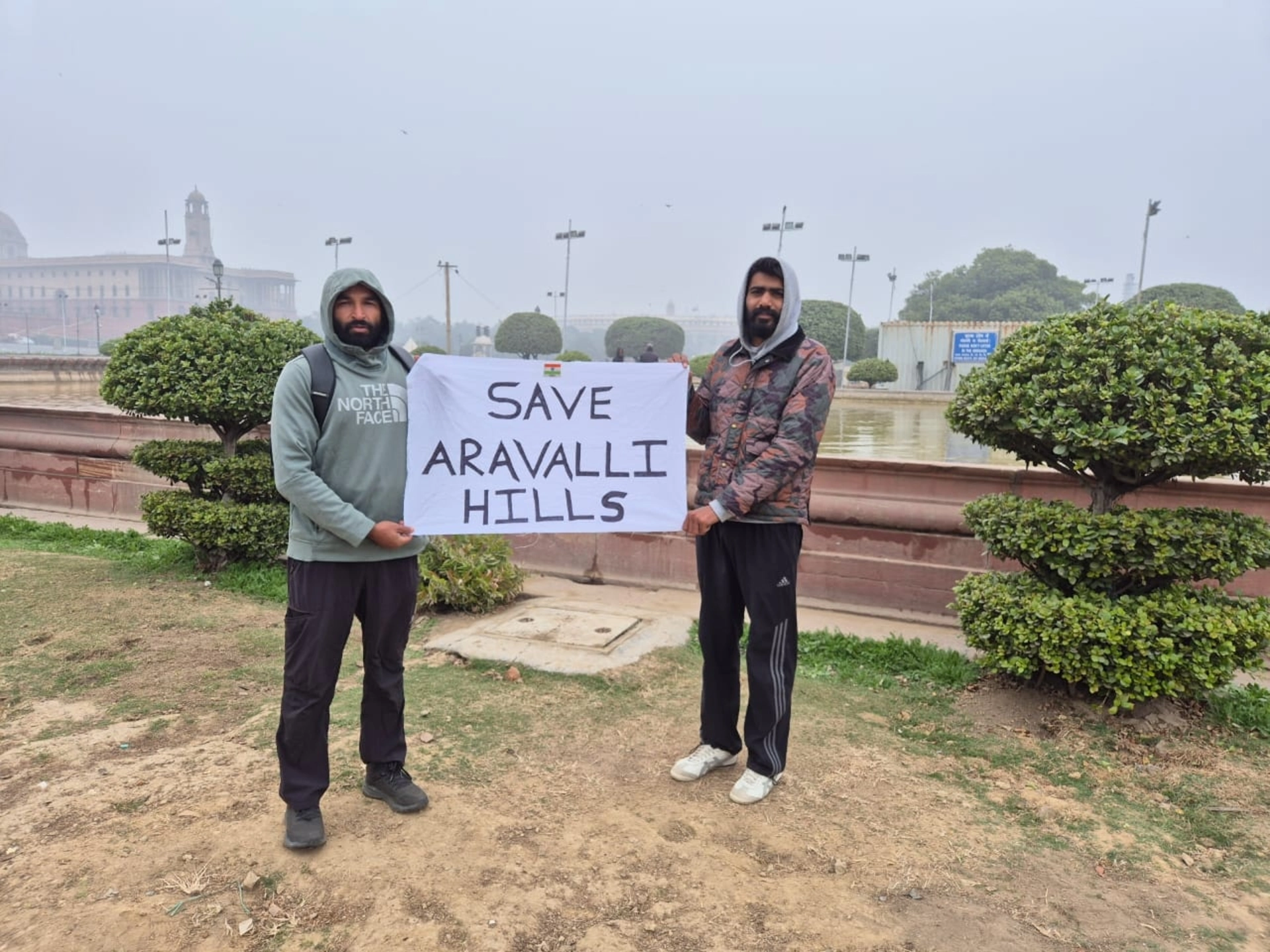
In a significant move ahead of upcoming state elections, Rao Inderjit Singh, a BJP Member of Parliament and Union Minister of State, has brought attention to the long-ignored issue of redrawing electoral boundaries in Haryana. Speaking at a public meeting, Singh stressed the importance of updating these boundaries, known as delimitation, before the 2029 Lok Sabha elections.
Singh pointed out several problems with the current system. He noted that some Assembly segments have been reserved for specific communities for over 40 years. This long-term reservation, he argues, prevents other communities from having a chance to represent these areas. "We need to relook at delimitation," Singh stated. "An Assembly segment reserved for around 40 years now takes away the opportunity from other communities to represent it."
The minister also highlighted uneven distribution of reserved seats across Lok Sabha constituencies. For example, his own constituency of Gurgaon has two reserved Assembly segments, while the neighboring Bhiwani-Mahendergarh constituency has none. This imbalance, Singh suggests, affects fair representation and electoral dynamics.
Singh's constituency, Gurgaon, faces unique challenges due to its current setup. Out of its nine Assembly segments, two are reserved, and three are dominated by Meo-Muslim leaders. This leaves only four segments where candidates can effectively compete for votes, making it a "difficult battle" for any candidate.
The call for delimitation also aims to address changes in the voter population over time. Singh emphasized the need to "review to incorporate changes in voters' profile." This suggests that the demographic makeup of many areas has shifted since the last delimitation, potentially leading to mismatched representation.
Supporters of Singh's proposal argue that it's not just about community reservations. They believe the overall distribution of voters across Lok Sabha constituencies needs a thorough review. This comprehensive approach could lead to more balanced and representative electoral districts.
The timing of Singh's statement, coming before state elections, adds weight to the issue. It brings a crucial but often overlooked aspect of electoral politics into the spotlight. If acted upon, this call for delimitation could significantly reshape the political landscape of Haryana and potentially influence future election outcomes.
While the process of delimitation is complex and often politically sensitive, Singh's comments have opened up an important dialogue. As India continues to evolve demographically, ensuring fair and up-to-date representation remains a key challenge for its democracy.
related

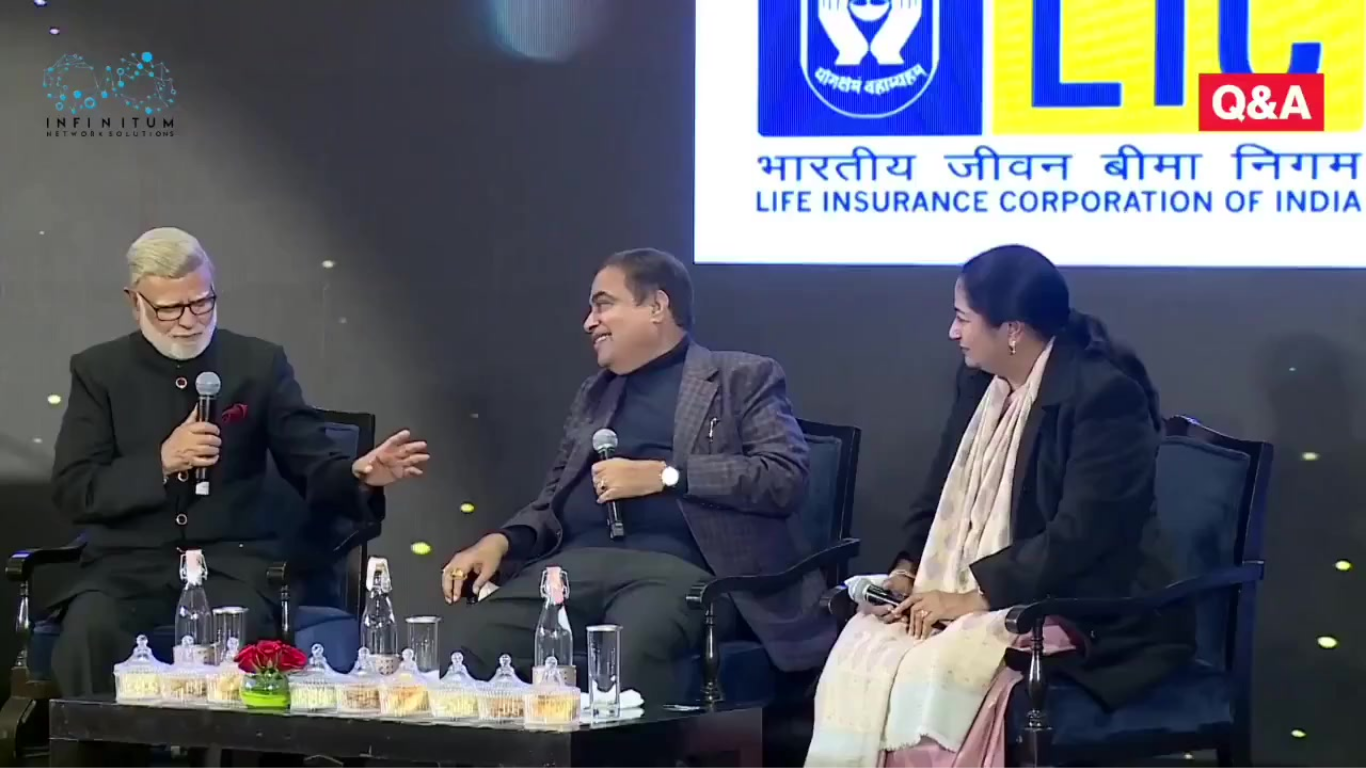
₹60,000 Crore Spent, But Gurugram Still Choked: Gadkari Deflects Infrastructure Question With Auto Industry Pitch

Laying the Strongest Foundation Education Reform Language Empowerment and India’s Path to AI Sovereignty
